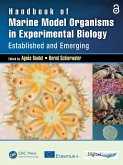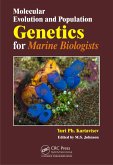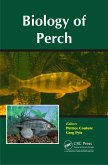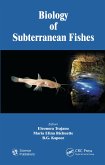The importance of molecular approaches for comparative biology and the rapid development of new molecular tools is unprecedented. The extraordinary molecular progress belies the need for understanding the development and basic biology of whole organisms. Vigorous international efforts to train the next-generation of experimental biologists must combine both levels - next generation molecular approaches and traditional organismal biology. This book provides cutting-edge chapters regarding the growing list of marine model organisms. Access to and practical advice on these model organisms have become a conditio sine qua non for a modern education of advanced undergraduate students, graduate students and postdocs working on marine model systems. Model organisms are not only tools they are also bridges between fields - from behavior, development and physiology to functional genomics.
Key Features
Related Titles
Jarret, R. L. & K. McCluskey, eds. The Biological Resources of Model Organisms (ISBN 978-1-1382-9461-5)
Kim, S.-K. Healthcare Using Marine Organisms (ISBN 978-1-1382-9538-4)
Mudher, A. & T. Newman, eds. Drosophila: A Toolbox for the Study of Neurodegenerative Disease (ISBN 978-0-4154-1185-1)
Green, S. L. The Laboratory Xenopus sp. (ISBN 978-1-4200-9109-0)
Key Features
- Offers deep insights into cutting-edge model system science
- Provides in-depth overviews of all prominent marine model organisms
- Illustrates challenging experimental approaches to model system research
- Serves as a reference book also for next-generation functional genomics applications
- Fills an urgent need for students
Related Titles
Jarret, R. L. & K. McCluskey, eds. The Biological Resources of Model Organisms (ISBN 978-1-1382-9461-5)
Kim, S.-K. Healthcare Using Marine Organisms (ISBN 978-1-1382-9538-4)
Mudher, A. & T. Newman, eds. Drosophila: A Toolbox for the Study of Neurodegenerative Disease (ISBN 978-0-4154-1185-1)
Green, S. L. The Laboratory Xenopus sp. (ISBN 978-1-4200-9109-0)
Dieser Download kann aus rechtlichen Gründen nur mit Rechnungsadresse in A, B, BG, CY, CZ, D, DK, EW, E, FIN, F, GR, HR, H, IRL, I, LT, L, LR, M, NL, PL, P, R, S, SLO, SK ausgeliefert werden.









